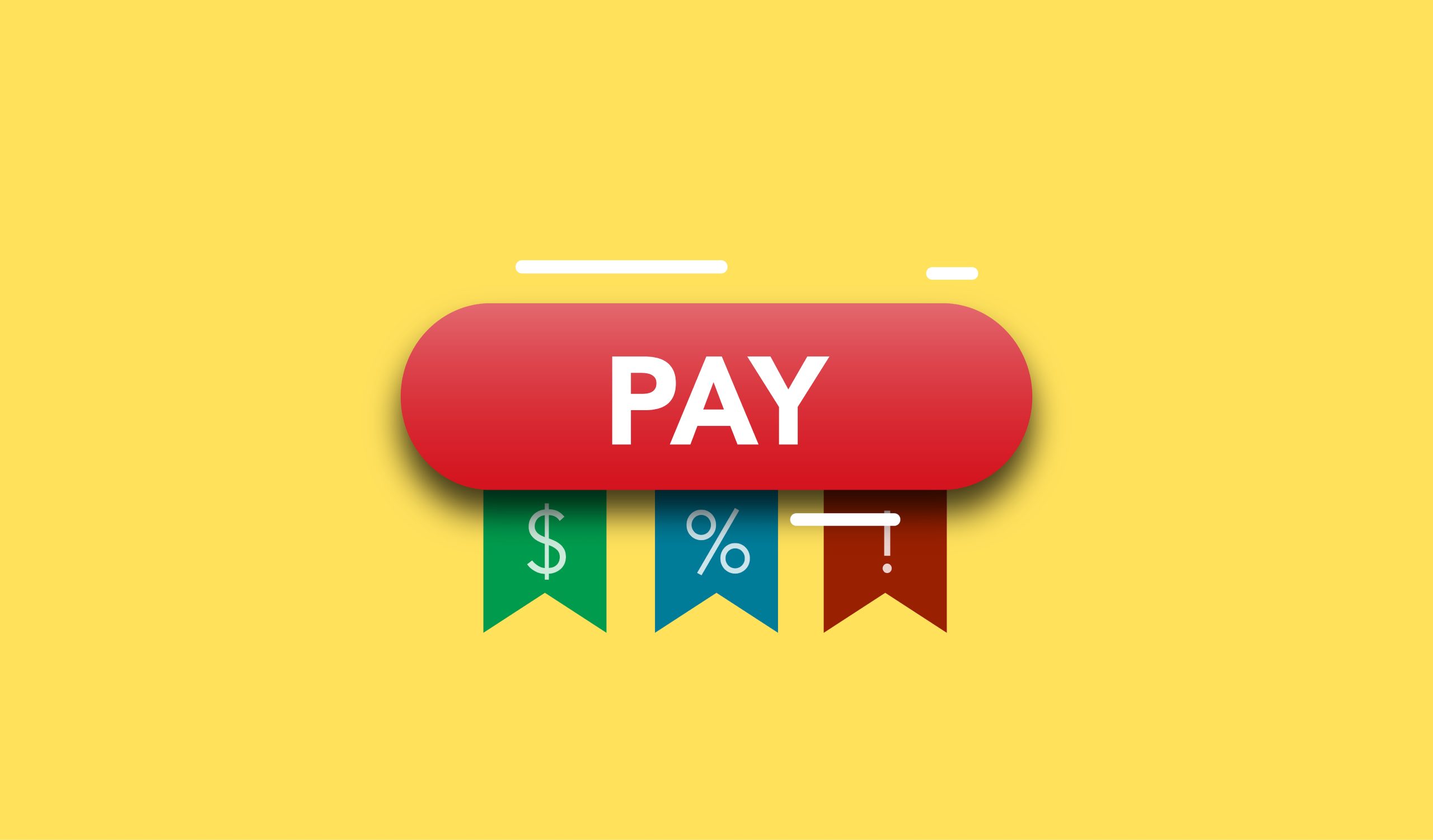Today, the gaming industry is more dynamic than ever before. With the rise of digital platforms and mobile devices, software-as-a-service (SaaS) has become increasingly important for game developers and publishers. SaaS provides a way for game companies to manage their products, processes, and services remotely over the internet. It also offers a range of features that can help businesses optimize their operations, reduce costs, and increase revenue.
Gaming & SaaS
SaaS (Software as a Service) has revolutionized the way companies operate in recent years, and the gaming industry is no exception. With technological advancements and changing consumer preferences, SaaS solutions have become an integral part of gaming businesses. It enables them to streamline their operations, optimize their resources and maintain their competitiveness in a crowded market.
One of the primary ways a SaaS tool can help gamers is through cloud-based storage systems. This allows gamers to save their games online instead of relying on physical storage devices such as hard drives or USBs. Additionally, it offers remote access to saved games from any device connected to the internet. As a result, users can easily pick up where they left off regardless of which device they are using.
Another way that SaaS fits into the gaming industry is by providing real-time analytics tools for game developers and publishers. These tools provide insights into how players are interacting with specific elements of games such as user flow, player behavior and retention rates. By analyzing this data at scale, developers can make informed decisions about how to improve gameplay mechanics or adjust monetization strategies accordingly. Ultimately, this helps create better experiences for gamers while also improving business outcomes for companies within the gaming industry.

Benefits of SaaS for Games
One of the major benefits of SaaS for games is the ability to scale resources up and down quickly. With SaaS, game developers and publishers can quickly respond to spikes in user demand without having to worry about maintaining expensive infrastructure. This means that they can easily add new features, update existing ones or handle heavy traffic with ease.
Another key benefit of using SaaS for games is increased security. Many cloud providers offer robust security features including firewalls, intrusion detection systems and data encryption. This makes it easier for game developers to protect their user’s personal data while ensuring that the game itself remains safe from hackers and other malicious actors.
Finally, SaaS also enables greater collaboration between different teams working on a single game project. With powerful collaboration tools like version control systems, chat apps, and file-sharing services built into many cloud platforms, developers can work together more effectively no matter where they are located in the world. This not only improves efficiency but also helps promote creativity and innovation within development teams.
Security in the Cloud
Security in the cloud is a crucial aspect to consider when it comes to choosing SaaS solutions for the gaming industry. One of the primary concerns for game developers is ensuring their intellectual property (IP) and user data remains secure from cyber attacks. With many games being developed using cloud-based development tools, it is important to have robust security measures in place to prevent unauthorized access.
Cloud providers offer various security features, such as firewalls and encryption, that help protect sensitive information. It is essential for game developers to choose a reliable cloud provider with strong security protocols that can safeguard their data at all times. Additionally, implementing multi-factor authentication and regular system updates can further enhance the security of SaaS solutions used in the gaming industry.
Overall, choosing a secure cloud infrastructure is critical for game studios looking to protect their intellectual property and user data while leveraging SaaS solutions for development purposes. By partnering with trusted cloud providers who prioritize cybersecurity measures, gaming companies can focus on delivering exceptional experiences without worrying about potential threats or breaches.

Issues with SaaS Model
The SaaS model has become increasingly popular in the gaming industry due to its cost-effectiveness and flexibility. However, it is not without its issues. One of the main concerns is data security, as SaaS providers store sensitive information on their own servers. Any breach can result in a loss of trust from customers and damage to the company’s reputation.
Another issue with SaaS in gaming is the potential for downtime or service disruptions. As games require constant connectivity, any interruption can lead to frustration and lost revenue for both the game developer and SaaS provider. Additionally, contractual agreements between developers and SaaS providers can limit customization options or lead to vendor lock-in.
Despite these challenges, many gaming companies are still willing to adopt the SaaS model as it provides cost savings, greater scalability, and faster time-to-market compared to traditional software development methods. However, careful consideration must be given to how these issues will be addressed before committing fully to a SaaS solution.

Monetizing SaaS Games
SaaS, or Software as a Service, has revolutionized the way software is delivered and consumed. This model has been adopted by many industries, including the gaming industry. SaaS games are becoming increasingly popular due to their accessibility and affordability. These games can be accessed through any internet-enabled device with a subscription-based payment method.
Monetizing SaaS games involves utilizing various strategies to generate revenue from subscribers. The most common monetization strategy is the monthly subscription fee. This provides consistent revenue for game developers while giving players access to new content and features regularly. Another strategy is offering in-game purchases such as virtual goods or currency that enhance gameplay experience without affecting the core gameplay mechanics.
SaaS games also benefit from social network integration which allows players to share their progress on social media platforms with friends and family. Additionally, marketing campaigns like referral programs can help attract new users who may be interested in similar services. Overall, monetizing SaaS games depends on providing exciting content while keeping prices affordable for users who want more than just basic features at no cost.

Cost of Gaming on SaaS
SaaS, or Software as a Service, has become increasingly popular in the gaming industry as it allows for easier and more cost-effective distribution of games. With SaaS, game developers can offer their games on a subscription basis rather than selling individual copies to consumers. This model makes gaming more accessible to a wider audience who may not have been able to afford purchasing full-price games upfront.
However, the cost of gaming on SaaS can vary depending on several factors such as the number of games offered in the subscription package and the quality of those games. Some SaaS platforms may offer a limited selection of older or less-popular titles at a lower price point while others may charge premium rates for access to high-quality AAA titles.
Ultimately, whether or not SaaS is cost-effective for gamers depends on their individual preferences and gaming habits. For avid gamers who frequently purchase new releases at full price, subscribing to a SaaS platform could potentially save them money in the long run. However, for more casual gamers who prefer to stick with one or two titles at a time, purchasing individual copies may be more affordable.
Conclusion: Pros & Cons
In conclusion, there are both pros and cons to using Software as a Service (SaaS) in the gaming industry. On the one hand, SaaS offers a cost-effective solution that can help gaming companies save money on infrastructure and maintenance costs. Additionally, SaaS allows for easy scalability and flexibility, which is crucial in an industry where demand can fluctuate rapidly.
However, there are also some downsides to using SaaS in the gaming industry. One potential issue is that relying on third-party vendors for hosting and software services could lead to data security concerns or downtime if the vendor experiences technical difficulties. Another drawback is that some game developers may prefer to have more control over their technology stack rather than relying on external providers.
Despite these drawbacks, it seems likely that SaaS will continue to play an important role in the growth of the gaming industry going forward. As more companies shift towards cloud-based solutions, it will be interesting to see how this trend affects development practices and business models within the gaming ecosystem.
